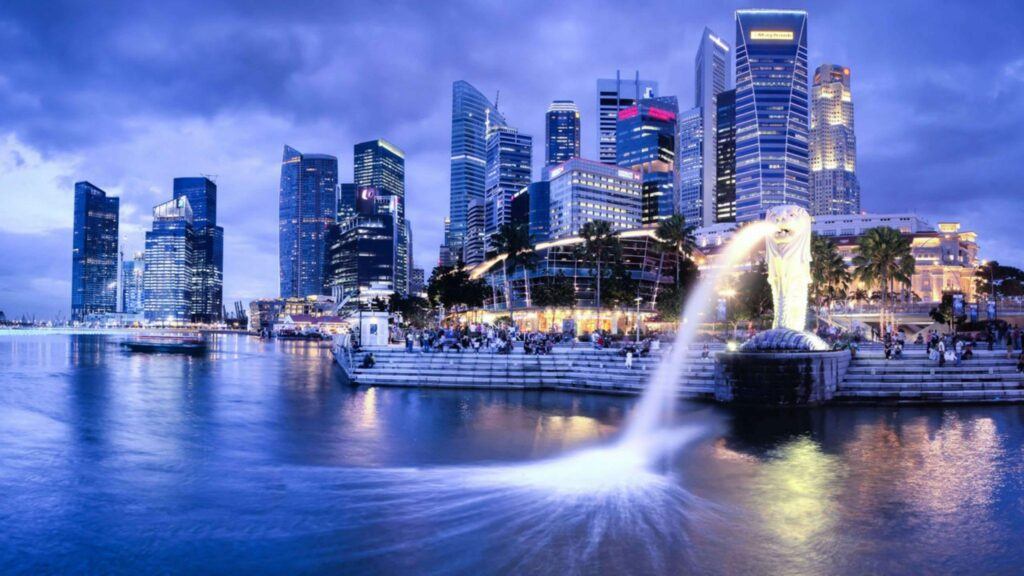
The economy today feels unstable because several global and local factors are all happening at the same time. Some of the main reasons include:
Inflation & Rising Costs
- Prices of food, housing, fuel, and services have risen quickly.
- Central banks raise interest rates to fight inflation, but that slows down business and spending.
Global Conflicts & Geopolitics
- Wars (e.g., Ukraine-Russia, tensions in the Middle East, South China Sea) disrupt trade, increase oil/gas prices, and create uncertainty.
Supply Chain Issues
- The world still feels the ripple effects of COVID-19 disruptions.
- Shipping costs, delays, and shortages affect prices of goods everywhere.
High Debt Levels
- Many governments borrowed heavily during the pandemic.
- Rising interest rates make it harder for countries, companies, and individuals to repay debt.
Technology Shifts & Job Uncertainty
- AI, automation, and digitalization are changing jobs quickly.
- Some industries grow fast, but others shrink, leaving workers uncertain.
Climate Change & Natural Disasters
- Droughts, floods, and extreme weather affect food supply, energy costs, and insurance markets.
Investor Uncertainty
- Stock markets and crypto swing sharply because people are unsure where to safely put money.
Singapore Economy 2025
| Strengths 💪 | Weaknesses ⚠️ |
|---|---|
| Strong financial hub & global trade center | Highly exposed to global economic slowdowns |
| Political stability & trusted governance | High cost of living (housing, food, transport) |
| Strong Singapore dollar keeps inflation in check | Strong SGD makes exports less competitive |
| Low unemployment, skilled workforce | Job insecurity in tech, finance, manufacturing |
| World-class infrastructure & logistics (port, airport) | Dependence on external trade (limited natural resources) |
| Attracts global investment & talent | Rising interest rates → expensive loans & mortgages |
| Growing green finance & innovation sectors | Ageing population → higher healthcare & pension costs |
📌 Summary: Singapore stays strong as a safe, stable hub with good jobs and investment opportunities. But the weaknesses—especially high costs, reliance on trade, and global uncertainty—make the economy feel less stable day-to-day.

Economic instability today is driven by a mix of global uncertainty, high living costs, and shifting markets—reminding us how quickly strong economies can still feel the pressure of recession risks.